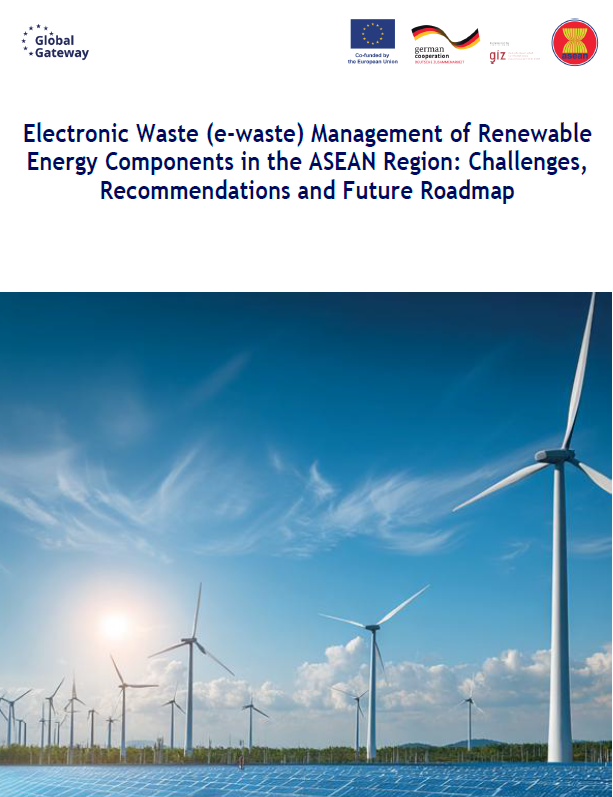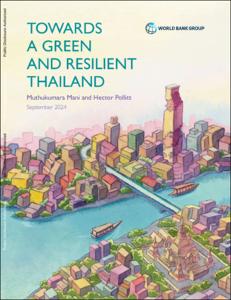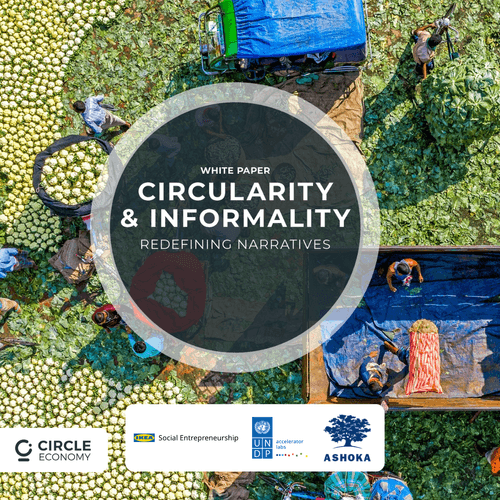What is the Circular Economy
The circular economy represents a comprehensive approach to addressing pressing global challenges, including climate change, biodiversity loss, waste, and pollution. It signifies a profound shift in how our world produces and consumes goods and services. Embracing this model involves fundamentally restructuring our economic systems, primarily focusing on minimizing waste and pollution while prolonging the lifespan of products and materials.
The concept of a circular economy traces its origins back to waste management, particularly as nations recognized the necessity of implementing economy-wide measures to shift away from waste disposal and management and toward waste avoidance and prevention. Japan pioneered this shift in 2000 by introducing the Basic Law for Establishing a Recycling-Oriented Society. Similarly, in 2008, the People’s Republic of China enacted its Circular Economy Promotion Law, defining the circular economy as a comprehensive term encompassing activities that reduce, reuse, and recycle throughout the production, distribution, and consumption processes. Essentially, the circular economy began as an agenda for mainstreaming and scaling up previously established and proven 3R practices—Reduce, Reuse, and Recycle.
As the circular economy concept gained recognition throughout 2010, additional dimensions emerged. Firstly, there was a growing emphasis on the quality and origin of secondary materials and the associated technical and environmental risks. The circular economy concept also increased economic resilience, reducing dependence on primary materials, including critical minerals. Secondly, it became clear that waste couldn’t be entirely eliminated at its source (i.e., when products are discarded), but rather at its root cause (i.e., the design of products, services, and processes that influence waste generation throughout the product’s lifecycle). This realization led to a heightened focus on sectors and product value chains with high waste and resource intensity.
The European Union’s 2020 Circular Economy Action Plan incorporated these expanded perspectives with three core strategies:
- A sustainable product policy framework, influencing the influx of products and services into the economy;
- The transformation of waste-intensive product value chains, including electronics, vehicles, textiles, packaging, and plastics; and
- Strengthened waste policies to create functioning markets for secondary materials.
In 2021, the ASEAN region embraced the circular economy vision by adopting its Framework for Circular Economy for the ASEAN Economic Community (AEC). This framework presents an aspirational definition:
“The circular economy is restorative, regenerative by design, and effectively uses materials and energy to retain their value. Competitiveness, efficiency, and resilience are at the heart of the circular economy.”
Strategic Goals
Through recycling and reusing, the circular economy presents an opportunity to safeguard our environment, optimize the utilization of precious natural resources, and catalyze the emergence of new industries, jobs, and capabilities. As it moves towards a circular economy, ASEAN strives to achieve a balance between three interdependent goals:










